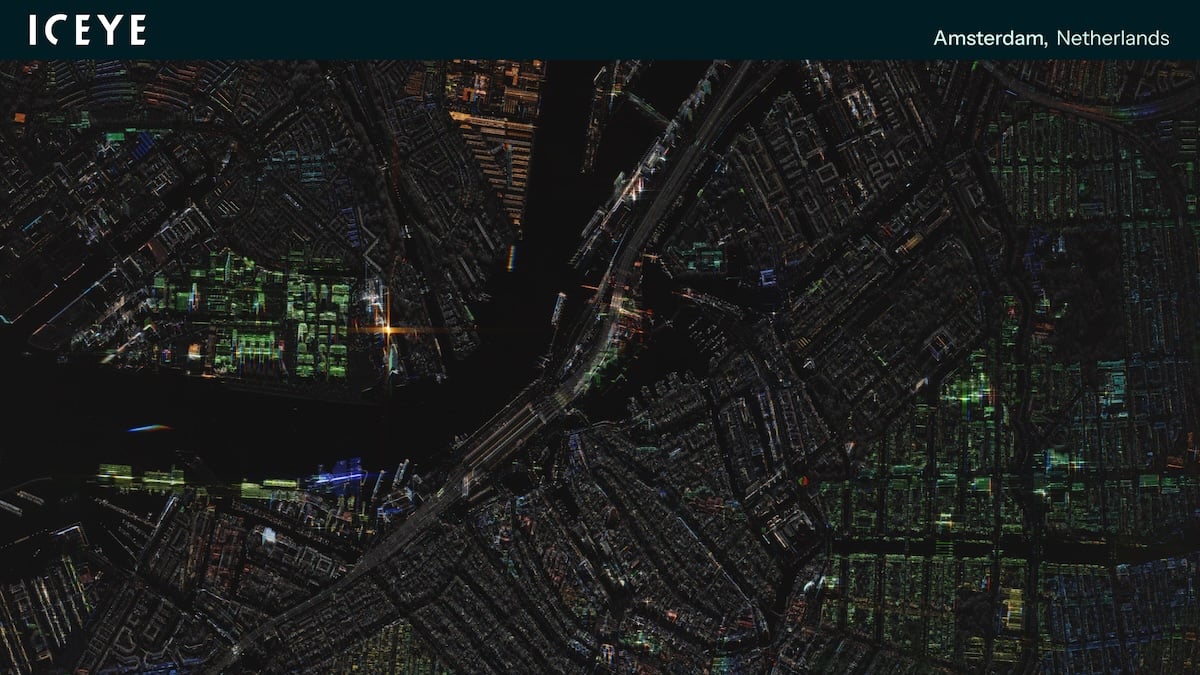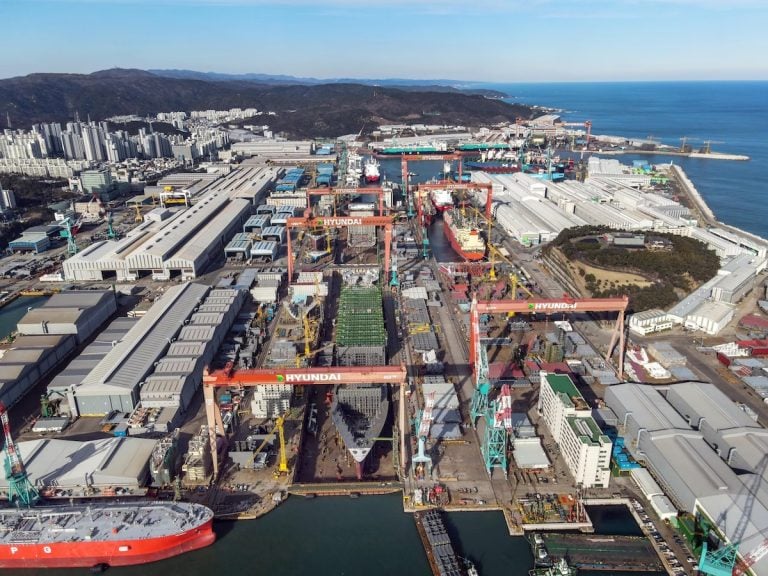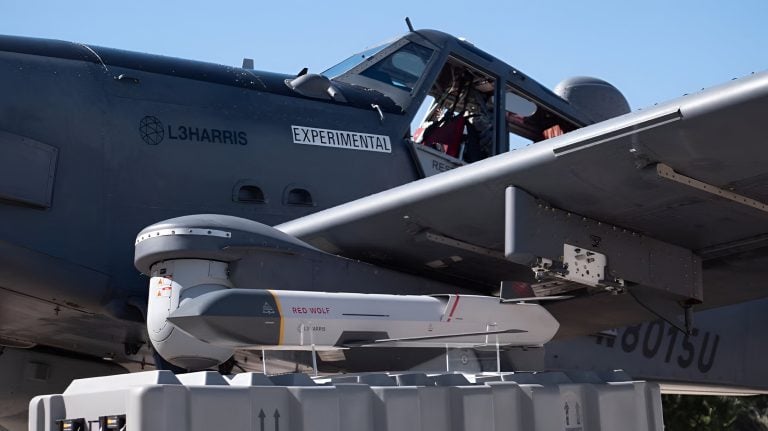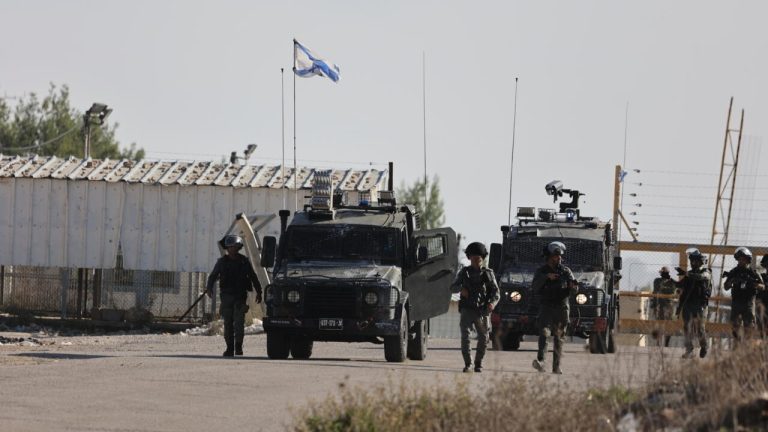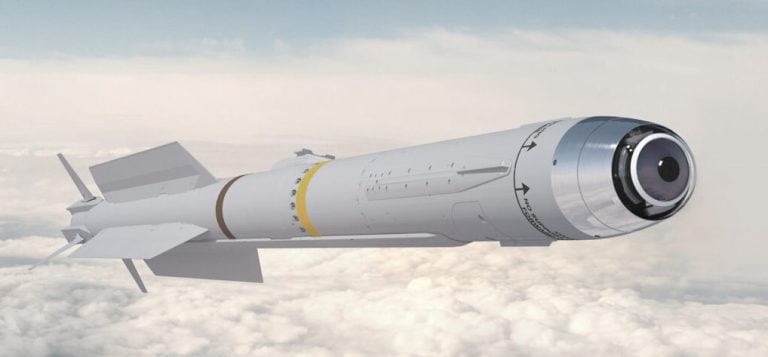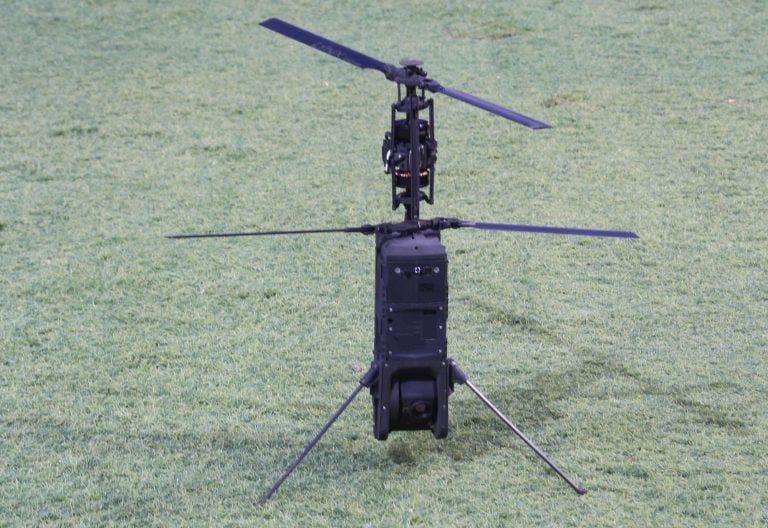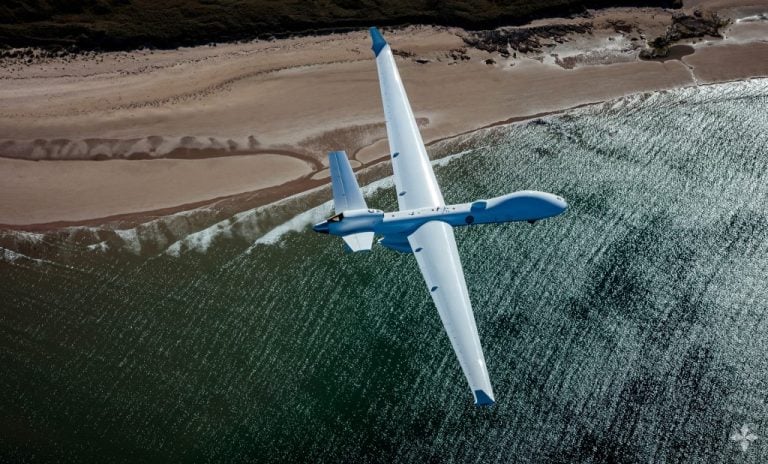The Netherlands has taken significant strides in enhancing its national defense capabilities by contracting Finnish satellite manufacturer ICEYE for a comprehensive suite of intelligence, surveillance, and reconnaissance (ISR) systems aimed at strengthening its sovereign space-based defense.
Under this agreement, ICEYE will supply four high-resolution Synthetic Aperture Radar (SAR) satellites, each with a resolution of 25 centimeters (9.8 inches). The first satellite has already been delivered and successfully launched into orbit as part of SpaceX’s Transporter-14 rideshare mission in June, just four months after the contract signing. This mission represents Amsterdam’s inaugural operational military satellite initiative.
The contract includes not only the satellite systems but also a local ground segment complete with antennas, and a mobile ground segment featuring an autonomous, AI-driven imagery intelligence hub. Furthermore, the Royal Netherlands Air Force (RNLAF) will benefit from access to ICEYE’s existing satellite constellation, enhancing its capabilities in ISR missions.
In addition to bolstering the Netherlands’ defense arsenal, the collaboration will strengthen ties with the local Dutch space and defense industry, fostering a more robust ecosystem in this vital sector.
Rafal Modrzewski, CEO and Co-founder of ICEYE, expressed pride in delivering the first system component “at an unprecedented speed.” He emphasized ICEYE’s role in supporting European nations by offering a common and capable asset for space-based ISR activities, aligning with the continent’s rearmament efforts.
Lieutenant General André Steur, the RNLAF Commander, also commended the partnership, stating that it underscores the essential role of the space domain in national defense. He emphasized the commitment of the Netherlands to secure its interests in this critical expanse of defense, highlighting the strategic importance of space for contemporary military operations.
This initiative marks a pivotal development in the Netherlands’ approach to modern defense, reflecting a broader trend among European nations to enhance their autonomous capabilities in the face of evolving security challenges.
